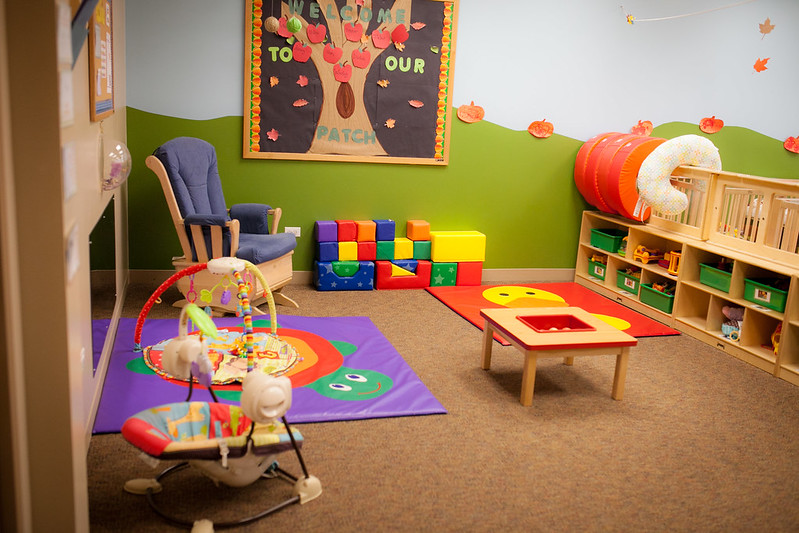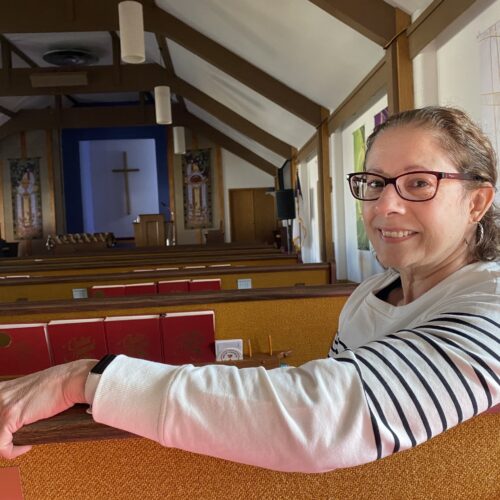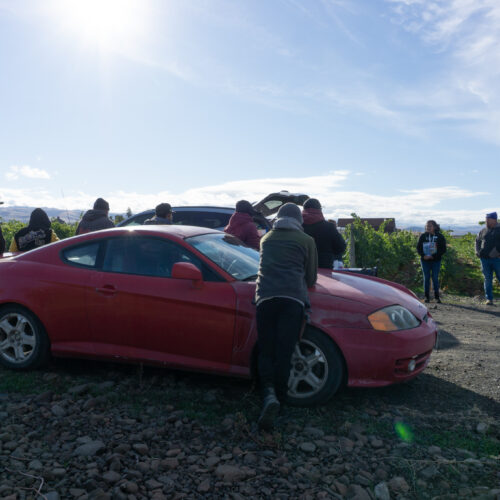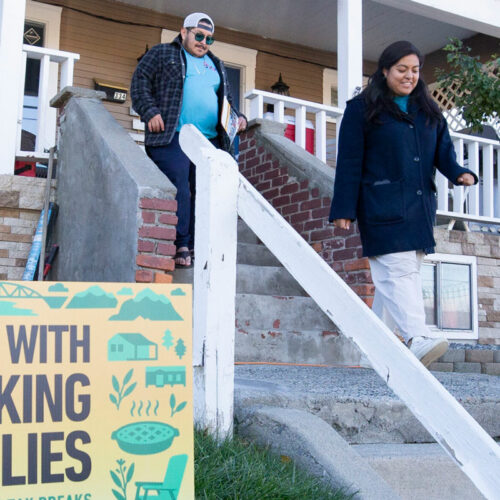
Walla Walla updates zoning to help address child care shortage

Listen
(Runtime 1:00)
Read
In Walla Walla County, there are spots at licensed day cares for only around 20% of kids with working parents. That’s according to the state’s Department of Children, Youth and Families.
For infants, the numbers are even more stark. There are around 600 infants with working parents in the county, and only around 60 licensed infant spots.
Addressing that shortage won’t be easy. But, in a bid to help, Walla Walla’s City Council recently passed a zoning change. Now, if providers want to open or expand a facility with 13 or more kids in a commercial area, they no longer have to pay a $600 application fee or hold a public hearing.
The changes do not apply to smaller day cares, which have always been exempt from those steps, or to large day cares in residential areas.
Eiledon McClellan, who works in early learning for the nonprofit Blue Mountain Action Council, brought the zoning idea to city planners. She said zoning is just one of many challenges — think staffing, licensing, overhead — to running a day care.
“Changing the zoning requirements is not the equivalent to waving a magic wand — it is equivalent to removing an obstacle from the obstacle course,” she said. “The more we can do to make opening a business and staying in business easier, the better it is for everyone.”
McClellan first read about zoning issues in a report from Lakewood, a city of around 63,000 just south of Tacoma. It found that commercial child care centers were only allowed in 4% of the city.
Maria Tobin, program coordinator for the South Sound Military and Communities Partnership, helped perform Lakewood’s analysis. Previously, she said, child care wasn’t “considered an essential good or service, so it often got overlooked in the planning process.”
In September, Lakewood changed its zoning requirements. Now, child care centers are permitted in more than half of the city.
It’s following in the footsteps of Seattle, which passed an ordinance in 2020 that allowed child care centers in nearly all its neighborhoods. Tobin said the results of that change seem promising, though she couldn’t share official numbers as the data hasn’t yet been confirmed by the state.
“Really, it’s about checking a box and saying, ‘Yes, child care can go here,’” Tobin said. “We recognize that it isn’t the only issue that we face with the lack of child care, but this is one very easy fix.”
Lisa Wasson Seilo agrees. She’s a senior city planner for the city of Walla Walla. “A day care with 13 or more kids is essentially a commercial use,” she said. “So it made sense for it to be fully allowed rather than require the additional hoops.”
Wasson Seilo is hoping the changes will encourage more providers to open or expand their facilities.
“People that maybe were previously intimidated by the public hearing process will hear about this and say, ‘Oh, OK, less barriers, less red tape, maybe I’ll go for it,’” she said.
As mothers in the area, both Wasson Seilo and McClellan have experienced the challenges of obtaining child care firsthand.
But McLellan stressed that this issue also affects the greater economy. She’s heard about employers who’ve lost workers because they couldn’t find adequate child care. She said those losses can be especially challenging in rural areas like Walla Walla, where the talent pool is small.
Though McClellan doesn’t know if Walla Walla’s new zoning regulations will have an impact on the city’s child care shortage, she figured the changes were worth trying.
“It’s just sort of this grand experiment,” she said. “All of us pulling different levers and seeing what is going to work.”















